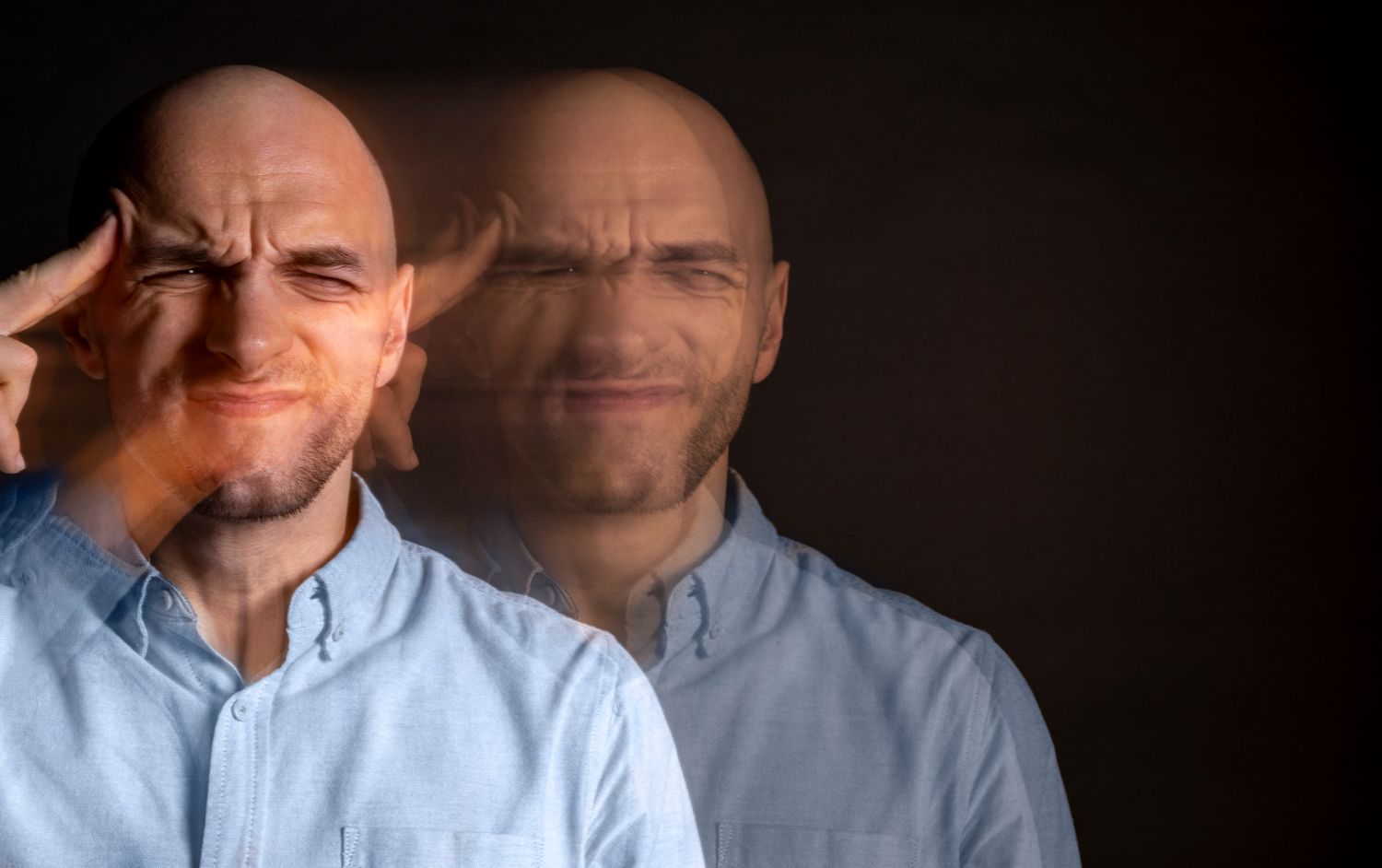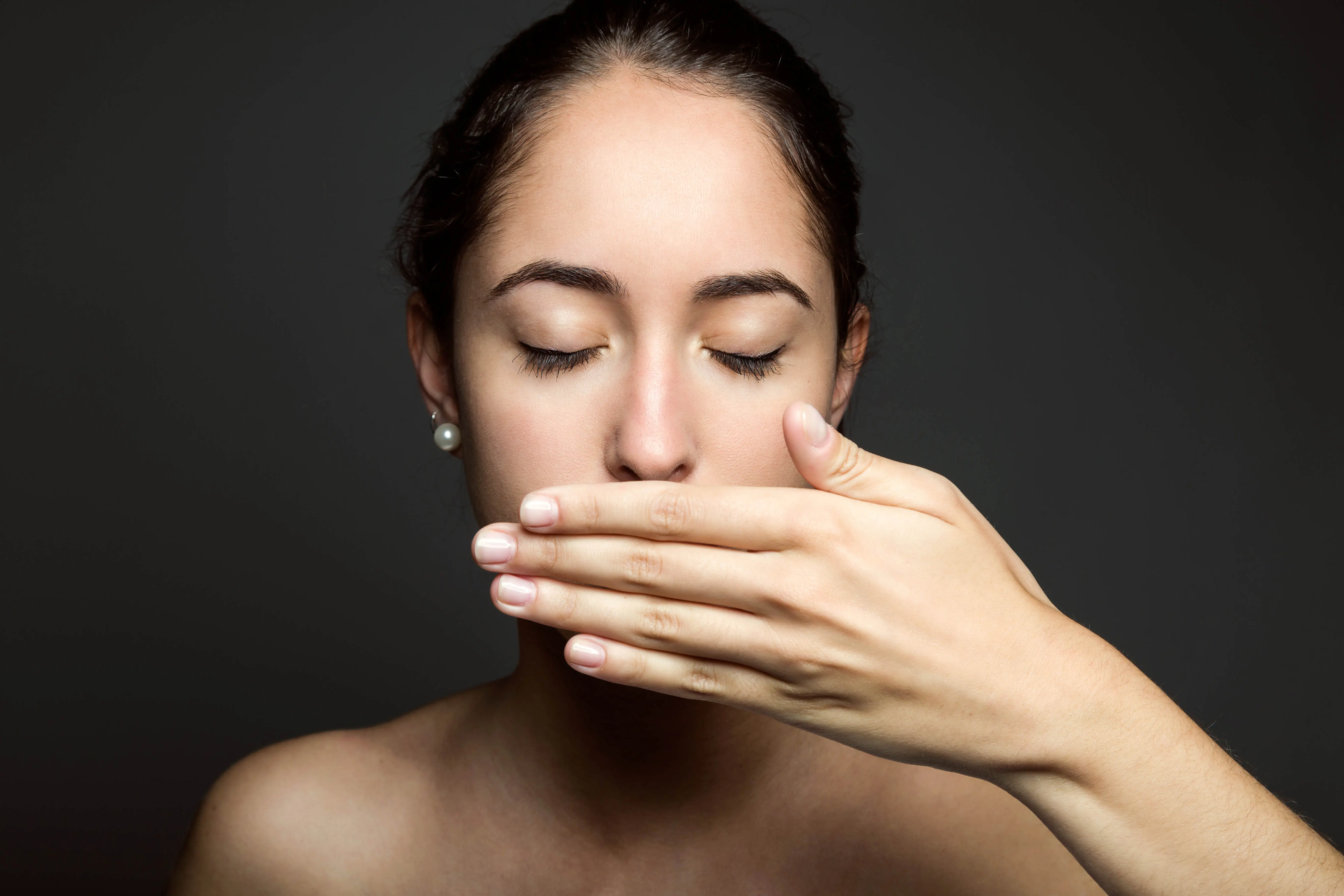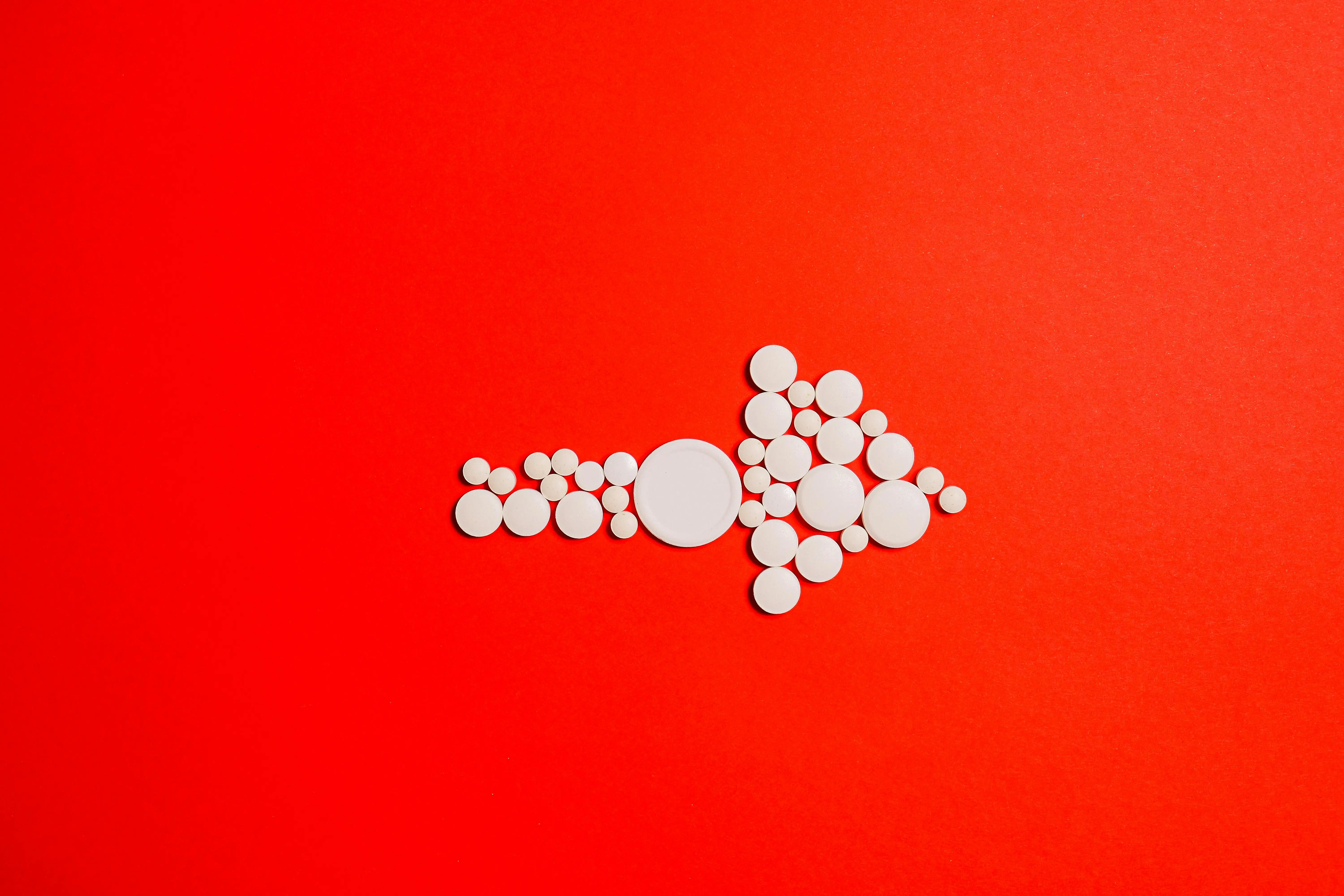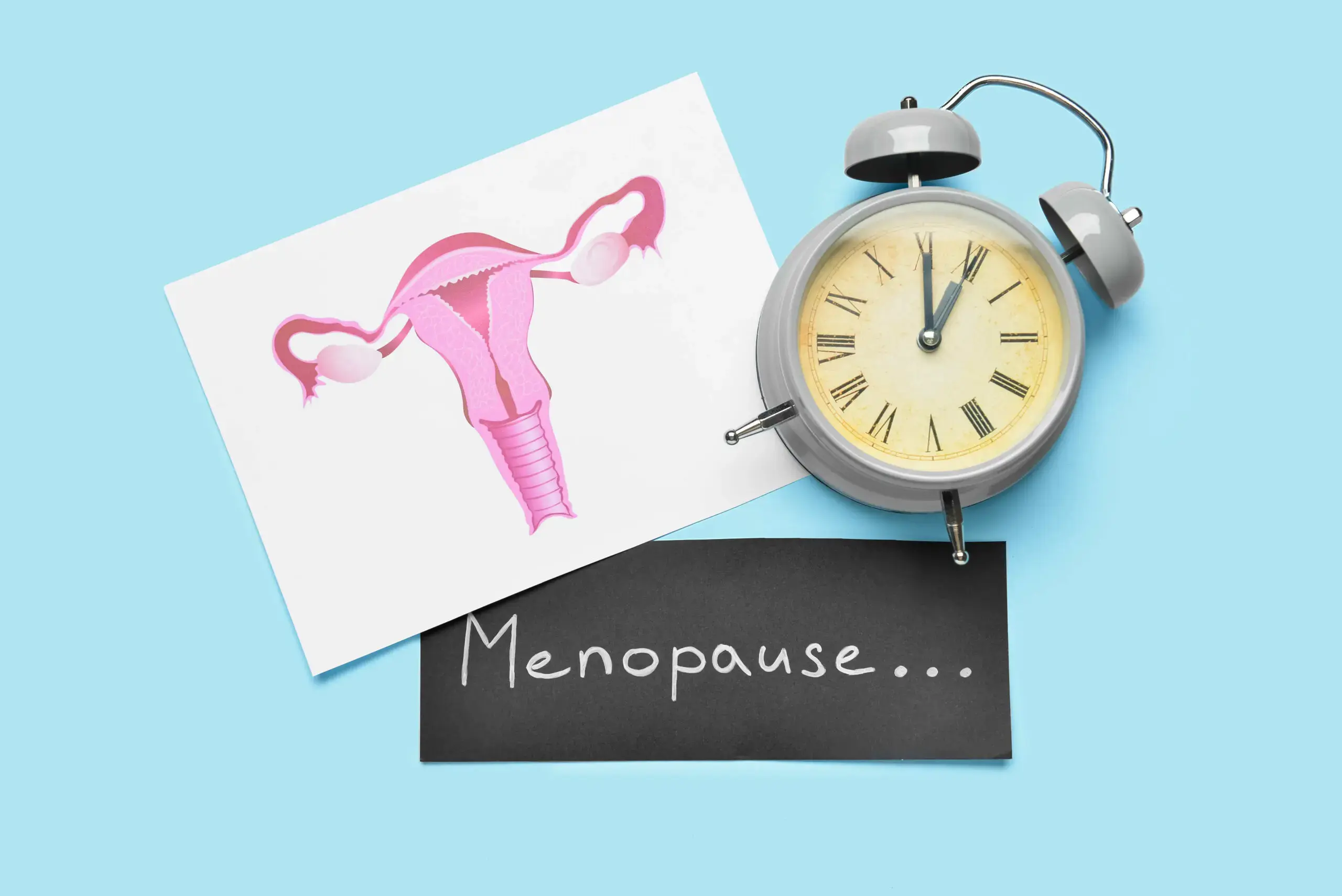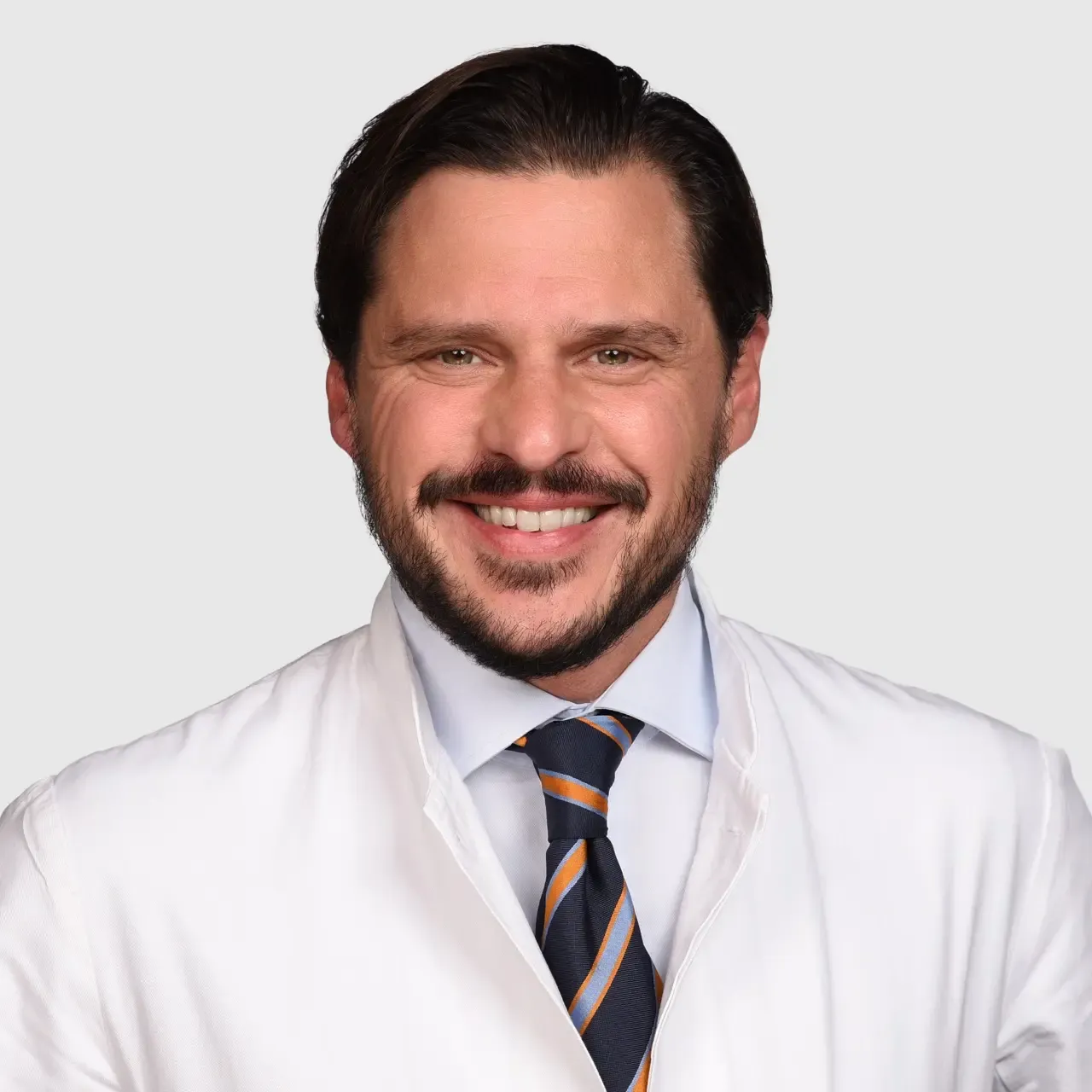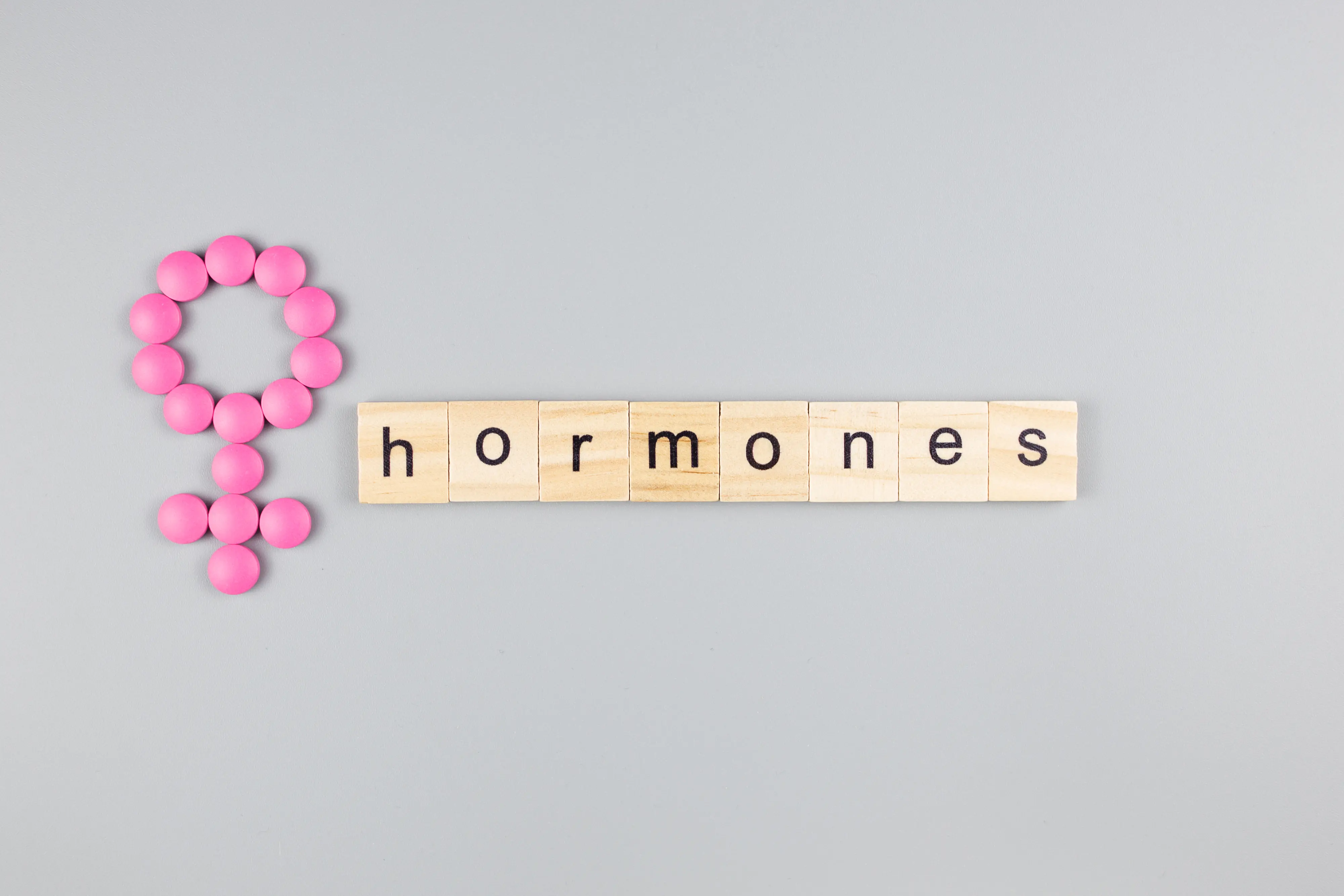Can men experience menopause? That the hormonal balance in women changes significantly between 40 and 50, leading to severe symptoms such as sleep disorders and hot flashes, seems to be well known. (Find out here what helps with sleep disorders during menopause.) On the other hand, the fact that men can also go through a kind of menopause and that their hormone levels change with age is rarely discussed. In fact, there seems to be a counterpart to menopause, namely andropause. (This is derived from the Greek words "man" and "end.")
Testosterone deficiency in men
Testosterone is one of the most important male sex hormones. During puberty, an increase in testosterone in boys ensures that facial hair begins to grow, the sex organs enlarge, the voice breaks, and the musculature grows faster. But with age, testosterone levels decrease. And this can cause some men to experience menopausal symptoms feel.
Menopause in men: Symptoms
Men with testosterone deficiency show a significant loss of libido. This is accompanied by excessive sweating, sleep disorders, fatigue, decreased muscle strength, more abdominal fat, decreased concentration, skin changes, and lack of drive. Similar to women of their age, bone density can decrease. A possible consequence: osteoporosis. (By the way, here are tips for joint pain during menopause.) However, not everything that feels like menopause is exactly that in the end. Other diseases that become more common with age – such as circulatory disorders, thyroid problems or depression - can also be responsible for the complaints. In addition, the middle of life is fundamentally characterized by changes. The appearance changes. New questions arise: related to work, family, relationships, and lifestyle. Often, psychological and physical stress cannot be clearly separated from each other.
Menopause in Men: Onset and Duration
Hormonal change in men sometimes begins as early as their 30s, usually in their 40s. However, testosterone levels typically do not drop suddenly and significantly, but rather continuously and gradually. At 50, 60, men then note corresponding changes.
